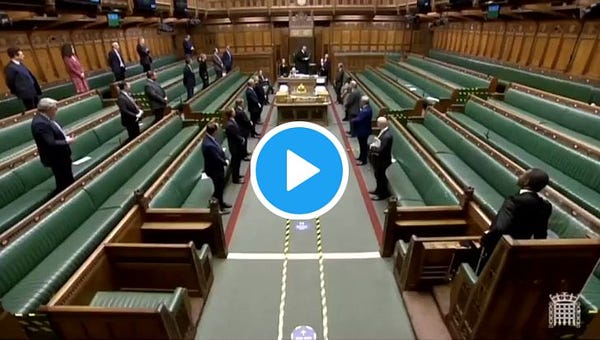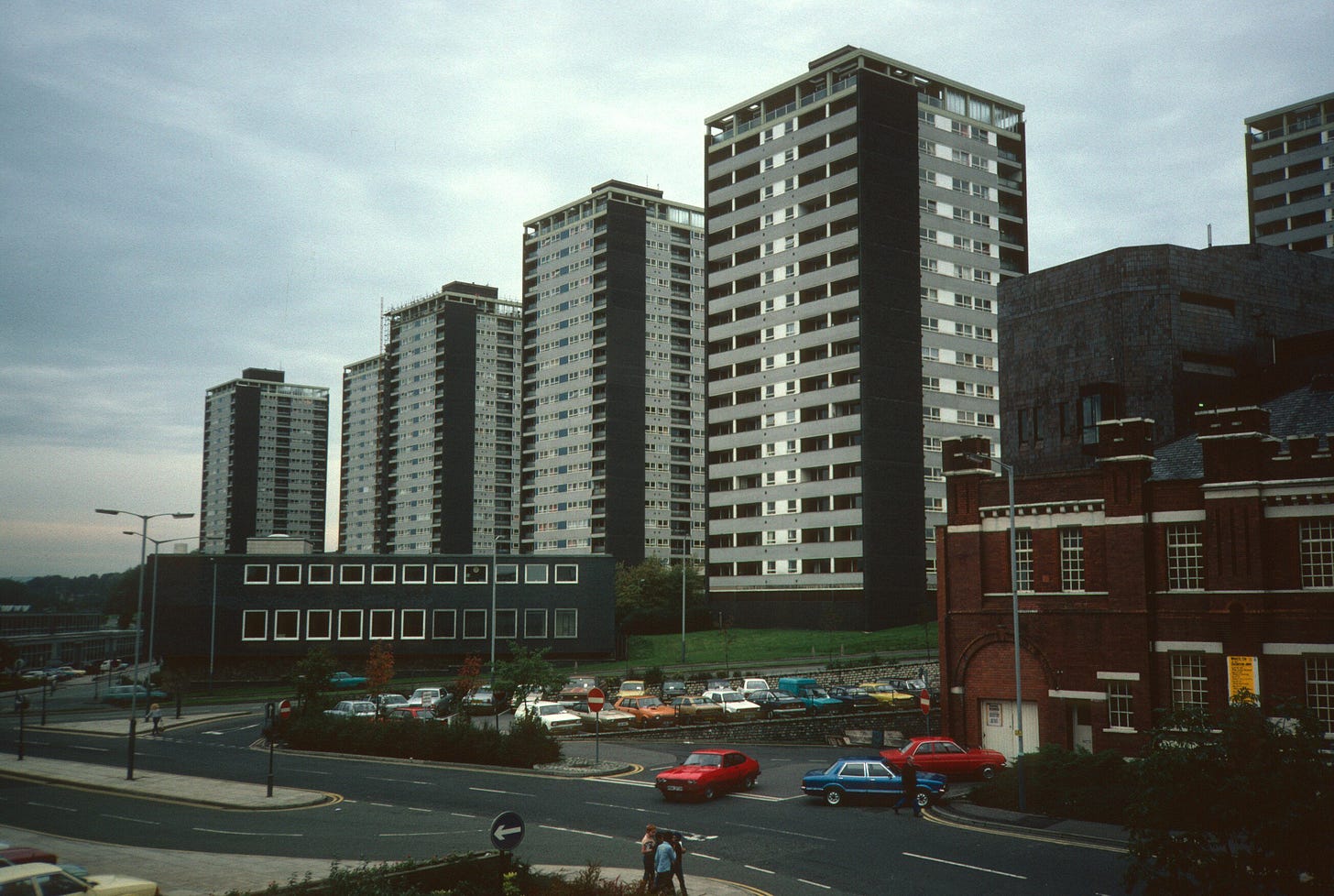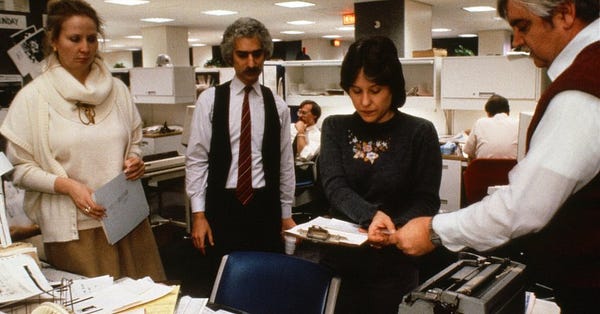Good morning Millers — this is a quick newsletter to round off the year and update you on a few things.
Coming up today: Mill members will be getting a briefing on the latest Covid-19 data for Greater Manchester (case rates, hospital capacity etc) and how fast the virus is now spreading in this neck of the woods.
Also in that email: analysis on what the numbers mean and how they are stacking up against the previous waves, plus some insight into how cases are currently translating into “excess deaths” in the North West.
If you’re not a member: keep an eye on our Twitter feed — @manchestermill — and we will post the data Andy Burnham releases in his press conference later this morning.
Got time on your hands? You can always watch these press conferences live on YouTube, here.
And remember: If you have questions about the latest statistics or want us to fact-check something you’ve seen on Facebook, just reply to this newsletter and we will do our best to help.
Thanks to Jeremy for this lovely end of year tweet…

Tiering up
As of midnight last night, we are living under Tier 4 restrictions, after the government imposed them on another 20 million people yesterday.
What has closed?
Non-essential shops
Beauty salons and hairdressers
The top line: Stay at home. That’s the main Tier 4 instruction from the government, whose website says “you cannot leave or be outside of the place you are living unless you have a reasonable excuse.”
The pretty long list of reasonable excuses — including work, worship and exercise — is here.
Plus: We are only allowed to meet one person from another household in an outdoor place, and we’re only allowed to meet people from our household or bubble indoors.


How long will it last? At least through January, and then it will depend on factors like case rates and the pressure on hospitals.
Boris Johnson said he was confident things will be "very much better" by April 5th.
Stay in touch: We give you the latest infection rates and hospital numbers in our (free) Monday briefings.
Brexit stage right
This was the moment, late last night, when House of Commons speaker (and Chorley MP) Lindsay Hoyle announced that the Brexit trade deal bill had been given royal assent, to cheers from Conservative MPs.
That’s just in time to avoid a No Deal Brexit when the transition period ends at 11pm tonight.
The bill passed by 521 to 73 in the Commons, with Labour’s support.
Boris Johnson said:
The destiny of this great country now resides firmly in our hands. We take on this duty with a sense of purpose and with the interests of the British public at the heart of everything we do. 11pm on 31 December marks a new beginning in our country’s history and a new relationship with the EU as their biggest ally. This moment is finally upon us and now is the time to seize it.
The bottom line: Whether you like it or not, the end of the transition period tonight is an enormous moment in the history of this country — constitutionally, politically and economically. Its significance has been slightly overshadowed by the pandemic.
Don’t forget: Greater Manchester exports a lot and our economy could be significantly impacted by the changes in our trading relationship with Europe.
The stat: After London, GM has the largest export value in the country — estimated at £8.2 billion by the Office for National Statistics last year.
The big question: How will those exports be impacted by leaving the EU market? About a third of them are financial and insurance services, but we export lots of goods too. Think of The Hut Group, the online beauty giant that floated on the London Stock Exchange this year.
Get in touch: We will do some reporting on this question in the weeks ahead. If you export or import from the EU, or have some expertise in this area, please hit reply to this newsletter or email joshi@manchestermill.co.uk.
Mill on trend
We got a great shout-out from the BBC this week! The corporation’s media editor Amol Rajan mentioned The Mill in his annual piece predicting the biggest changes in the industry in the year ahead.
Rajan writes that the “model of paid-for newsletters might - just might - be able to rescue the broken news model of local news in the UK. It's already happening. Look, for instance, at Manchester Mill, set up by Joshi Herrmann: it's built a decent audience quickly.”


The piece goes on to say:
People will pay for stuff if they want it enough. Local journalism is something people do want. Many of the bigger groups are pivoting to charging for their content online. Might the simplicity of the Substack newsletter model offers one path to salvation for a vital part of our democracy? I predict dozens of new local Substack titles, like Manchester Mill; one or two flagship newspapers moving completely to this new, digital distribution; and many more local titles charging for content.
For those who don’t follow media stuff closely: Substack is the publishing tool we use to send our newsletters and take our payments, which has become very popular this year, particularly in the US.
End of year thanks: It’s wonderful to be getting this kind of recognition just seven months after The Mill started out. Thanks to all of you who have supported us this year and helped us to grow. If you aren’t a member yet and would like to join today, just hit the button below.
The Seven Sisters
This weekend’s long read is about the Seven Sisters — the famous blocks of flats on College Bank in Rochdale. It’s about their past, their highly contested future and what they tell us about how society has changed since the 1960s.
Have you lived there? Or did your parents get a flat in 1966? Get in touch today with your experiences and they might make the final edit. Hit reply to this newsletter or joshi@manchestermill.co.uk.
That story will drop Saturday 10am — to the whole list.
Wishing everyone a happy new year tonight, and best wishes for 2021
Join The Mill as a member today to get our journalism in your inbox five days a week
Our members-only stories in the past week include this great piece of reporting on the cladding crisis that is wiping out the value of flats across the city, this interview about what it’s been like to shield in a tiny flat since the Spring, and this feature about Lydia Becker, an extraordinary Manchester woman and her relationship with Charles Darwin.










Happy New Year to everyone at The Mill, wishing you continued success in 2021.